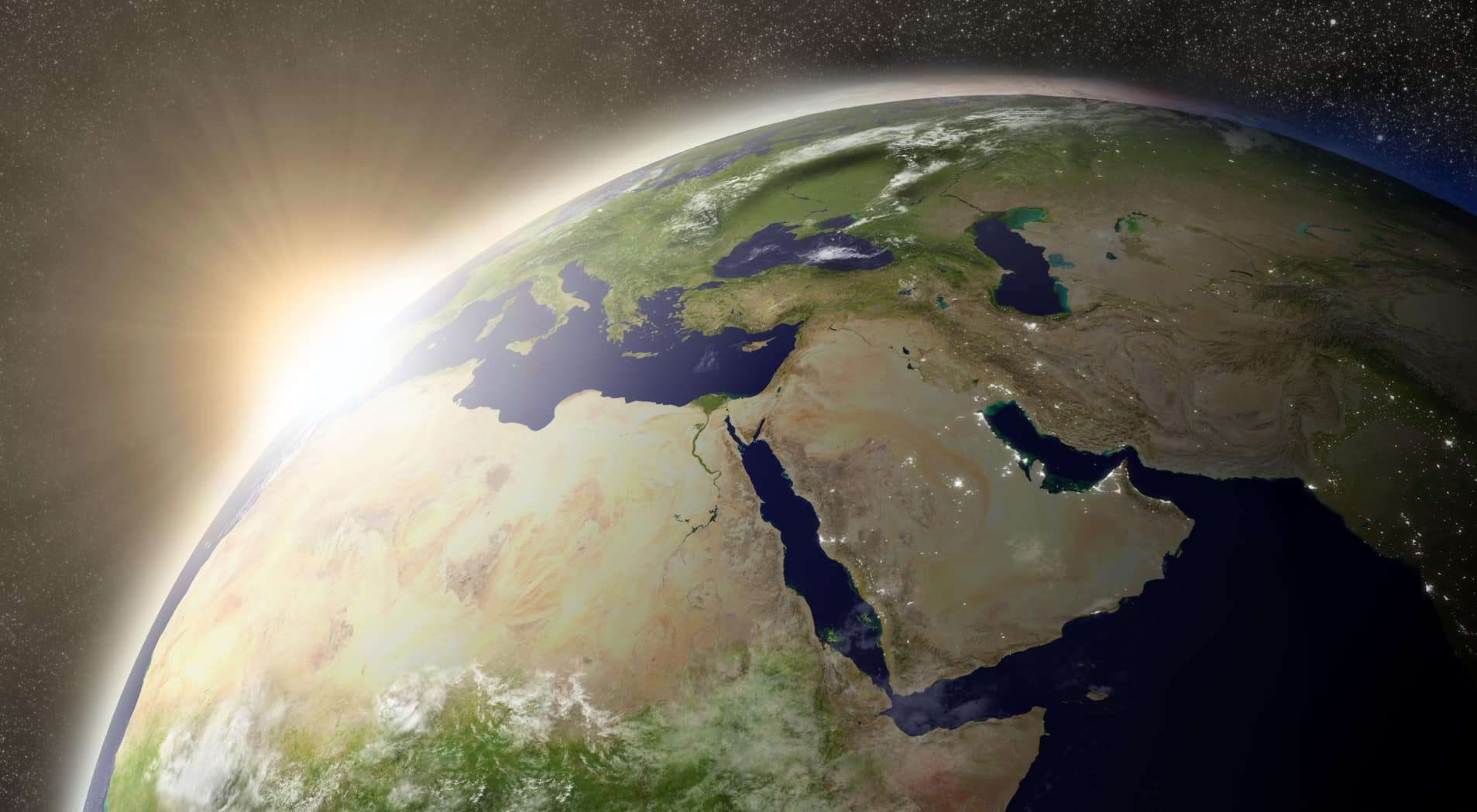To Be of Not to Be – That is the Question on Rosh Hashana
The Jewish calendar begins with the month of Nissan, the month in which the Jewish people were redeemed from Egypt, the month in which we celebrate Passover. The Torah designates the months by number only, not by name: this month is called the “first of months.” Nissan marks the beginning of Jewish history because the Exodus transformed the Jewish people from a family into a nation. This new year is therefore exclusive to the Jewish people.
The universal new year, the anniversary of the creation of all human beings, is Rosh Hashanah, which means, “Beginning of the Year.” This new year does not fall in the first month of the Jewish calendar but in the seventh month, Tishrei. The Biblical source for this holiday is found in Leviticus:
God spoke to Moses, saying: “Speak to the Children of Israel, saying: ‘In the seventh month, on the first of the month, there shall be a rest day for you, a remembrance with shofar blasts — a holy convocation.”
Although in our prayers on Rosh Hashanah we describe this day as the anniversary of creation, commentaries point out that it is more precisely the anniversary of the pinnacle and goal of all creation, the human, Adam. The Mishnah states that, “On Rosh Hashanah, all the inhabitants of the world pass before G-d like sheep…” The Talmud explains this expression to mean that everyone is judged individually.
Because this is the anniversary of our creation, it is the day on which we are evaluated and judged whether we are worthy to have been created and if we merit continued existence. The Jewish new year is therefore not celebrated by parties, fireworks, champagne and midnight dances; it is rather a day of contemplation, prayer and commitment. There is certainly an element of happiness on this day, as it is a celebration of our relationship with God as His children and His creations, however the mood is more solemn than on other Jewish festivals.
According to Jewish tradition, before God created the first human being, a debate took place in the heavenly court.
When the Holy One blessed Be He came to create man, the ministering angels formed into groups, some saying that man should be created, some saying that he should not be created…[the angel of] Kindness voted to create man, because people would perform acts of kindness,[the angel of] Peace voted not to create man, because people would argue and fight, [the angel of] Truth voted not to create man because he would be full of falsehood …”
No such discussion took place prior to the creation of the rest of the world. Only the creation of the human was open to debate, because the human being alone has free will; only his actions can be good or evil. All other creatures merely do what they are programmed to do by instinct, and are therefore morally neutral. As Mark Twain once said, “Man is the only animal that blushes… -or needs to.” Adam is never neutral: he must justify his existence by his actions. We can be judged because we have free will, because we were created not merely to be part of the eco-system, but to use our free will for moral and spiritual achievements. In the words of my teacher, R. Moshe Shapiro, “We are judged because we were created, and we were created because we are judged.”
We have the ability to achieve the greatest heights of morality and altruism or to be the most depraved, evil creatures in existence; the choice is in our own hands. It is this unique capacity of the human being to be good or evil that is marked by the festival of Rosh Hashanah. We celebrate our incredible potential to become similar to our Creator, but at the same time, we tremble before our awesome responsibility and the judgment that awaits us.
Judaism does not view time as a linear progression but rather as a circular path. The specific spiritual energies of each part of the very first year in history returns every year at the same point in time. As the anniversary of the creation of the first human being is Rosh Hashanah, the “angelic debate” is renewed every year at this time, “Does man deserve to exist? Has he justified his existence?” We stand in prayer before our Creator on Rosh Hashanah and declare our commitment to act in such a way that we will be deemed worthy to exist.

